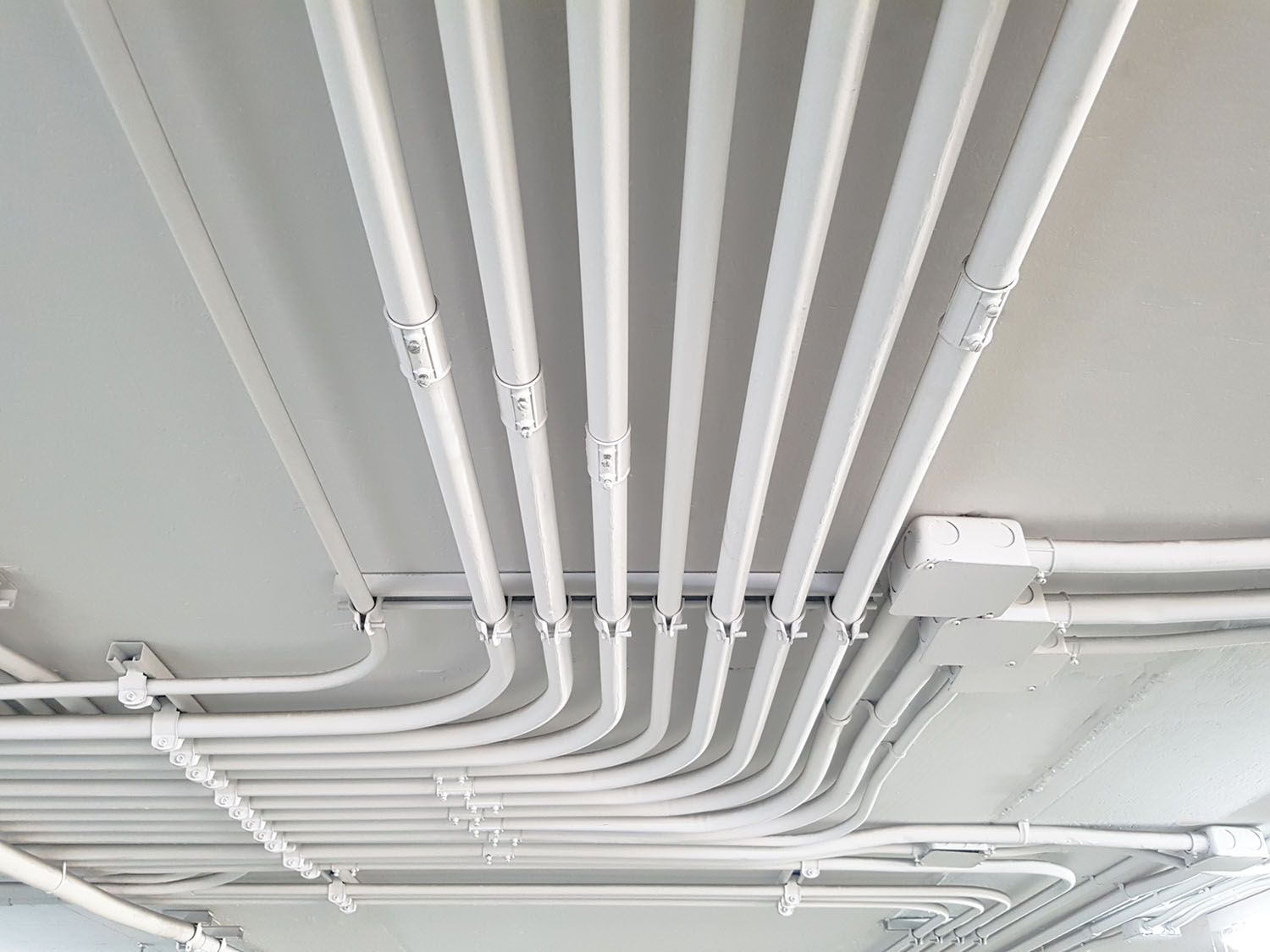

Articles
How Much Does It Cost To Install Conduit
Modified: March 1, 2024
Looking for articles on the cost of installing conduit? Find out how much it typically costs and get expert insights in this informative guide.
(Many of the links in this article redirect to a specific reviewed product. Your purchase of these products through affiliate links helps to generate commission for Storables.com, at no extra cost. Learn more)
Introduction
When it comes to electrical installations, conduit plays a crucial role in protecting and organizing electrical wires. Whether you are renovating your home or setting up a commercial space, installing conduit is an essential part of the process.
However, before diving into the installation process, it is essential to understand the factors that can affect the overall cost. From material costs to labor fees and equipment expenses, several factors can influence the total expenditure of conduit installation.
In this article, we will explore the various factors that can impact the cost of installing conduit. By understanding these factors, you will be better equipped to budget for your electrical installation project and make informed decisions.
Key Takeaways:
- Installing conduit involves various factors affecting costs, including project size, type of conduit, labor fees, and additional expenses. Understanding these factors is crucial for accurate budgeting and informed decision-making.
- Factor in material, labor, and equipment costs, as well as additional expenses like permits, wiring, and maintenance when budgeting for conduit installation. Working with experienced professionals ensures a compliant and cost-effective installation.
Read more: How Much Does It Cost To Install Carpet?
Factors Affecting Conduit Installation Costs
Several factors contribute to the overall cost of installing conduit. Understanding these factors will help you estimate the expenses accurately and avoid any surprises along the way. Let’s look at the key factors that can influence conduit installation costs:
- Project Size: The size of the project plays a significant role in determining the cost. Larger projects require more materials, labor, and time, resulting in higher costs.
- Type of Conduit: There are different types of conduits available, such as PVC, metal, and flexible conduits. The type of conduit you choose will affect the cost, with metal conduits generally being more expensive than PVC or flexible options.
- Installation Method: The way the conduit is installed can impact the cost. Surface-mounted installations are typically less expensive than concealed installations, as they require less labor and materials.
- Complexity of the Installation: If your project involves complicated wiring configurations, bends, or multiple levels, it may require additional labor and equipment, which can drive up the cost.
- Permits and Regulations: Depending on your location, you may need permits and inspections for conduit installations. Obtaining these permits can add to the overall cost.
- Accessibility: The ease of access to the installation site can affect the cost. If the space is difficult to reach or requires specialized equipment, it may result in additional expenses.
- Local Labor Rates: Labor costs can vary depending on your location and the prevailing wage rates. Areas with higher living costs and higher demand for skilled labor may have higher installation prices.
It is important to consider these factors when estimating the cost of conduit installation. By doing so, you can plan your budget accordingly and ensure a smooth and cost-effective installation process.
Material Costs of Conduit Installation
The materials needed for conduit installation can vary depending on the type of conduit and the specific requirements of your project. Here are some common materials you may need and their associated costs:
- Conduit Pipes: The cost of conduit pipes will depend on the material and size. PVC conduits are generally more cost-effective compared to metal conduits. A typical PVC conduit can range from $0.50 to $3 per linear foot, while metal conduits can cost $2 to $10 per linear foot.
- Fittings and Connectors: Fittings and connectors are necessary to join and secure conduit pipes. The cost of these components will depend on the material, size, and type of connection required. The price can range from $0.50 to $5 per unit.
- Straps and Hangers: Straps and hangers are used to support and secure the conduit to the walls or ceiling. The cost of these accessories can vary, ranging from $0.25 to $2 per unit.
- Couplings and Couplers: Couplings and couplers are used to connect conduit pipes together. The price of these accessories can range from $1 to $5 per unit.
- Sealants and Adhesives: Depending on the installation method and material used, you may need sealants and adhesives to ensure a secure and watertight connection. These products can cost around $5 to $20 per tube or cartridge.
- Grounding Material: If required by electrical codes, you may need grounding materials such as grounding clamps, grounding bushings, and bonding jumpers. The cost of grounding materials can vary, ranging from $1 to $10 per unit.
It is important to factor in the cost of these materials when estimating the overall project cost. The quantity required will depend on the length and complexity of the installation, so it is advisable to consult with a professional or an electrical supplier to ensure accurate calculations.
Labor Costs of Conduit Installation
The labor costs associated with conduit installation will depend on several factors, including the size and complexity of the project, the local labor rates, and the experience of the electrician or contractor hired. Here are some key points to consider regarding labor costs:
- Hourly Rates: Electricians typically charge an hourly rate for their services, which can vary based on location and experience. On average, electricians charge between $50 to $100 per hour for conduit installation.
- Project Duration: The time required to complete the installation will impact the labor costs. Larger projects or projects with complex wiring configurations may take longer to complete, resulting in higher labor expenses.
- Team Size: The number of electricians involved in the installation can affect the labor costs. If a team of electricians is required to complete the project in a timely manner, it can increase the overall labor expenses.
- Additional Services: Electricians may charge additional fees for services such as cutting and threading conduit pipes, installing junction boxes, or connecting wires. These additional services should be discussed and included in the labor cost estimate.
- Specialized Skills: In some cases, specialized skills may be required for conduit installation, such as bending conduit pipes or working with specific types of conduits. Electricians with specialized skills may charge a higher hourly rate.
It is important to obtain multiple quotes from different electricians or contractors to compare labor costs. Additionally, ensure that the contractor provides a detailed breakdown of the labor charges to understand what is included and any potential additional costs that may arise.
Remember, when hiring a professional, it is essential to consider their experience, qualifications, and reputation in the industry to ensure a high-quality installation.
When installing conduit, consider the cost of materials, labor, and any necessary permits. Factors such as the length of the conduit, type of material, and complexity of the installation will all impact the overall cost. It’s best to get multiple quotes from reputable contractors to ensure you’re getting a fair price.
Equipment Costs of Conduit Installation
In addition to material and labor costs, there are various equipment expenses to consider when budgeting for conduit installation. These equipment costs can vary depending on the specific requirements of your project. Here are some common tools and equipment used in conduit installation and their associated costs:
- Hand Tools: Hand tools are essential for cutting, measuring, and manipulating conduit pipes. Some common hand tools required for conduit installation include hacksaws, pipe cutters, conduit benders, and measuring tapes. The cost of these tools can range from $10 to $50 each, depending on brand and quality.
- Power Tools: Power tools can make the installation process faster and more efficient. Some commonly used power tools for conduit installation include drills, impact drivers, reciprocating saws, and angle grinders. The cost of power tools can vary significantly, ranging from $50 to $500 or more, depending on the brand and features.
- Pipe Threaders: If you need to thread conduit pipes, a pipe threader is necessary. Pipe threader costs can vary depending on their size, capacity, and whether they are manual or electric. Manual pipe threaders can cost around $100 to $300, while electric threaders can range from $500 to $2000 or more.
- Testing Equipment: Testing equipment, such as multimeters and circuit testers, may be required to ensure proper electrical connections and troubleshooting during the installation process. These testing tools can cost anywhere from $20 to $200, depending on the features and quality.
- Ladders and Scaffolding: Depending on the height and accessibility of the installation area, you may need ladders or scaffolding to reach and work on the conduits. The cost of ladders and scaffolding can vary, ranging from $50 for a basic ladder to several hundred dollars for scaffolding systems.
It is crucial to assess your project’s equipment needs and determine whether purchasing or renting the required tools would be more cost-effective. Renting equipment can be a viable option, especially for tools that you may not use frequently.
Keep in mind that the costs mentioned above are approximate estimates and can vary based on factors such as brand, quality, and location.
Read more: How Much Does It Cost To Install A Cooktop
Additional Costs to Consider
In addition to material, labor, and equipment costs, there are several other expenses that you should factor into your conduit installation budget. These additional costs can impact your overall project expenditure and ensure a successful and compliant installation. Here are some key additional costs to consider:
- Permits and Inspections: Depending on local regulations and building codes, you may need to obtain permits and undergo inspections for conduit installation. The cost of permits can vary significantly based on your location, with fees ranging from $50 to several hundred dollars. It’s important to check with your local authorities to determine the specific permit requirements and associated costs.
- Electrical Boxes and Covers: Along with conduit pipes, you may need electrical boxes and covers to house the connections and protect them from damage. The cost of electrical boxes and covers will depend on their size, material, and features. Prices can range from $1 to $10 or more per unit.
- Wiring and Cable Costs: While conduit installation primarily focuses on providing a protective housing for electrical wires, you may need to consider the cost of the actual wiring and cables used within the conduit. The cost of wiring and cables can vary based on the length, gauge, and type. It’s advisable to consult with an electrical supplier to determine the appropriate wiring and cable costs for your project.
- Cleanup and Restoration: After completing the installation, you may need to clean up the work area and restore any surfaces that were disturbed during the process. This may involve repainting walls, repairing flooring, or other cosmetic touch-ups. The cost of cleanup and restoration will depend on the extent of the required work and can vary significantly.
- Maintenance and Repairs: While not an immediate cost, it’s essential to consider the long-term maintenance and repair expenses associated with conduit installations. Over time, conduits may require maintenance or repairs due to wear and tear, damage, or changes in electrical needs. It’s wise to set aside some budget for potential future maintenance or repair work.
By factoring in these additional costs, you will have a more comprehensive understanding of the total expenses involved in conduit installation. This will enable you to plan your budget effectively and avoid any unforeseen financial surprises along the way.
Conclusion
Installing conduit is a critical component of any electrical wiring project, ensuring the safe and organized routing of wires. When estimating the cost of conduit installation, it is important to consider various factors that can affect the overall expenses.
Factors such as project size, type of conduit, installation method, complexity, permits, accessibility, and local labor rates can all impact the cost. By understanding these factors, you can more accurately budget for your conduit installation project and make informed decisions.
In addition to material costs, labor fees, and equipment expenses, it’s crucial to consider additional costs such as permits, electrical boxes, wiring and cables, cleanup and restoration, and potential maintenance requirements. By accounting for these additional expenses, you can ensure a successful and compliant installation while avoiding any financial surprises.
When it comes to conduit installation, it is highly recommended to work with a professional electrician or contractor who has experience in the field. They can provide accurate cost estimates, ensure proper installation, and handle any necessary permits and inspections.
Remember to obtain multiple quotes from different professionals, and carefully evaluate their qualifications and reputation to ensure a high-quality installation within your budget.
By considering all these factors and costs, you can plan your conduit installation project efficiently and have peace of mind knowing that your electrical wiring is protected and organized effectively.
Frequently Asked Questions about How Much Does It Cost To Install Conduit
Was this page helpful?
At Storables.com, we guarantee accurate and reliable information. Our content, validated by Expert Board Contributors, is crafted following stringent Editorial Policies. We're committed to providing you with well-researched, expert-backed insights for all your informational needs.
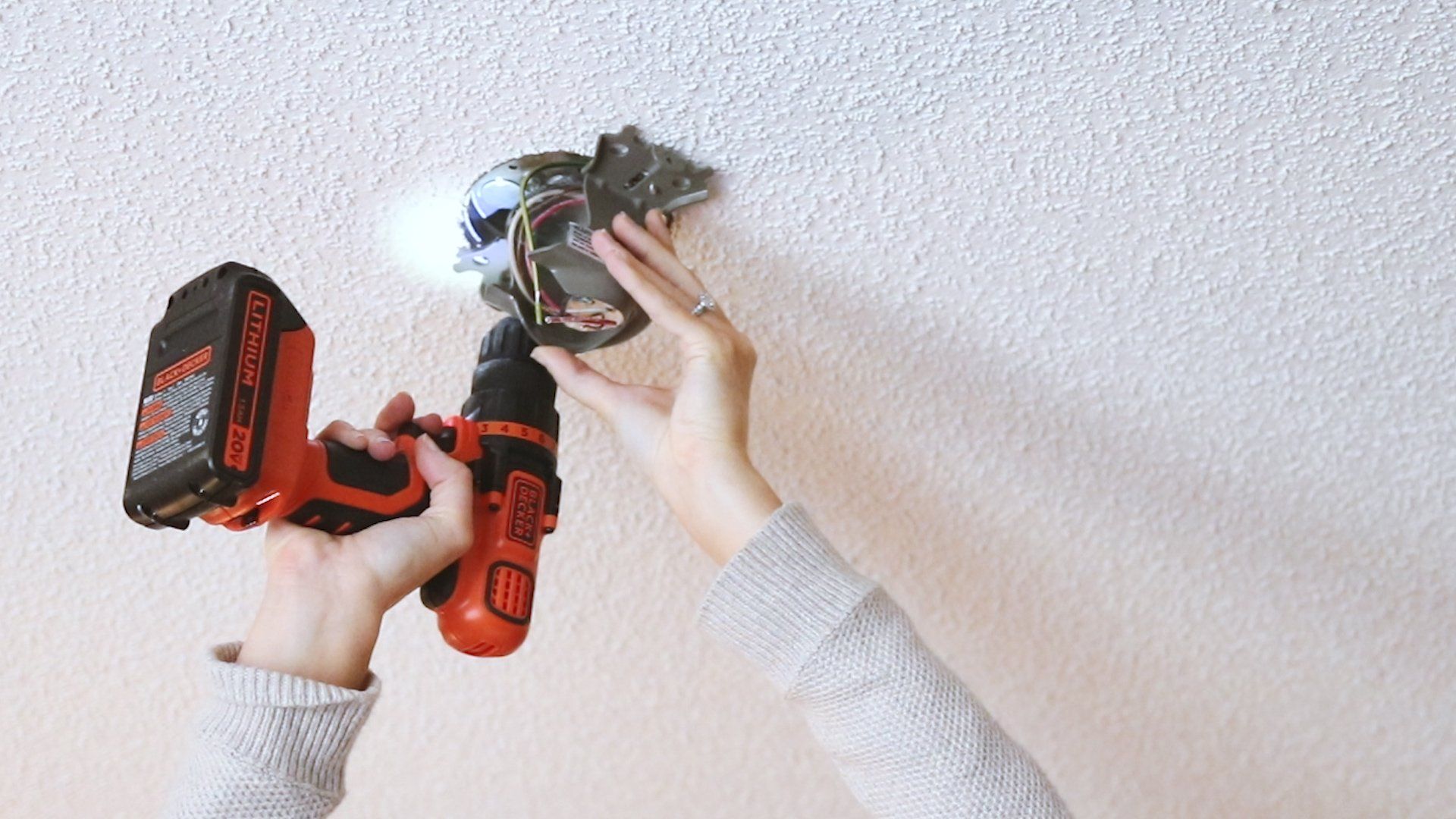
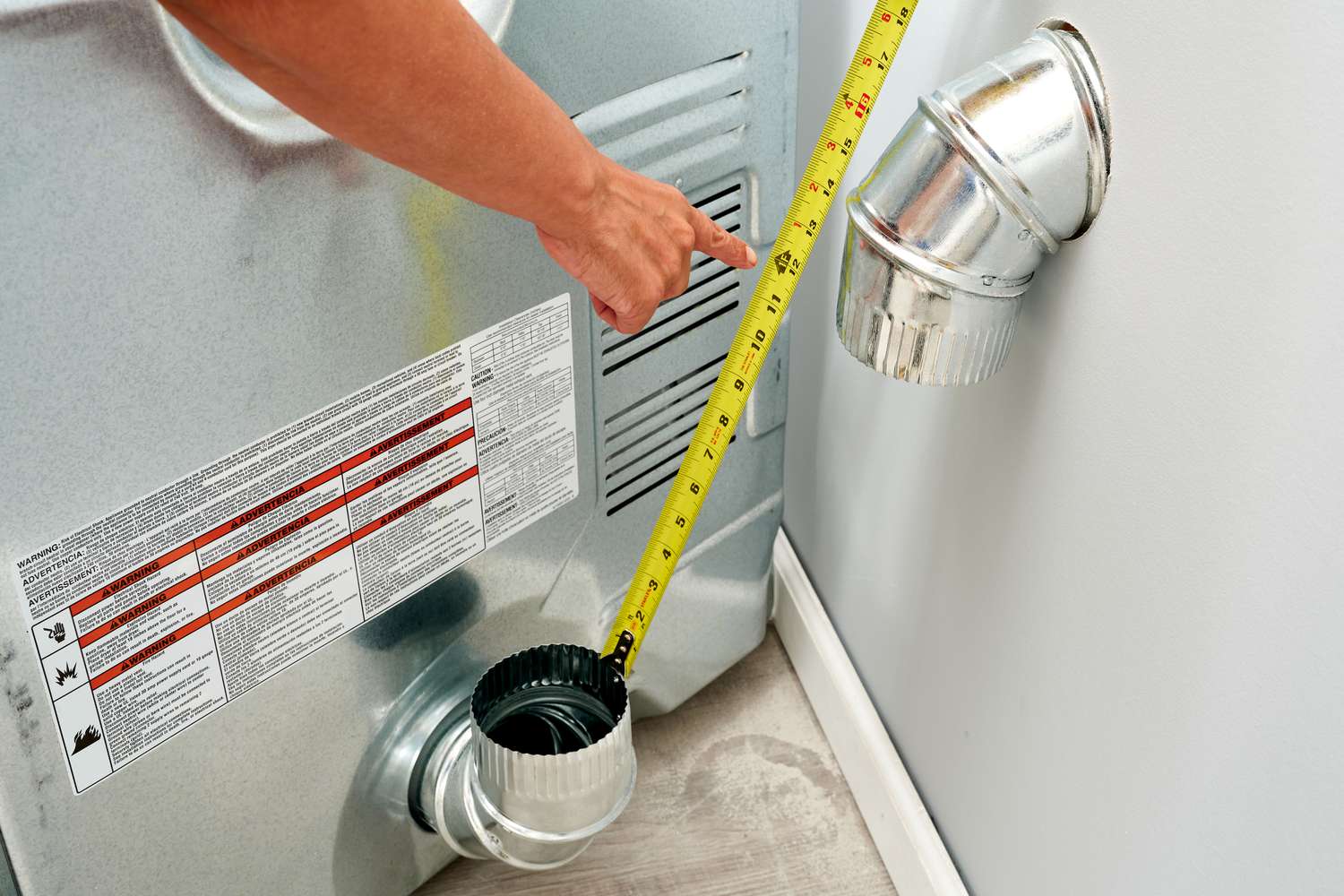
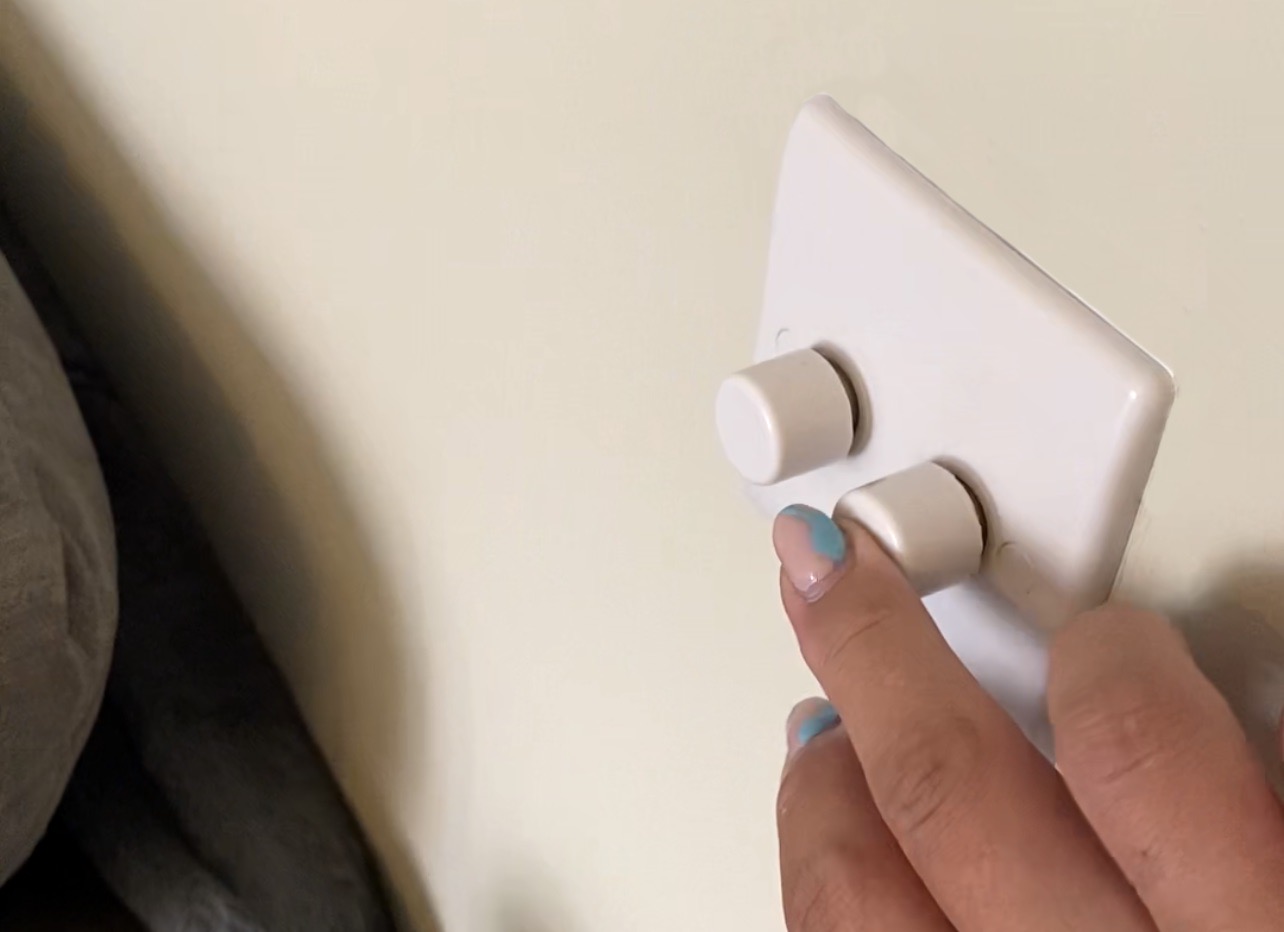

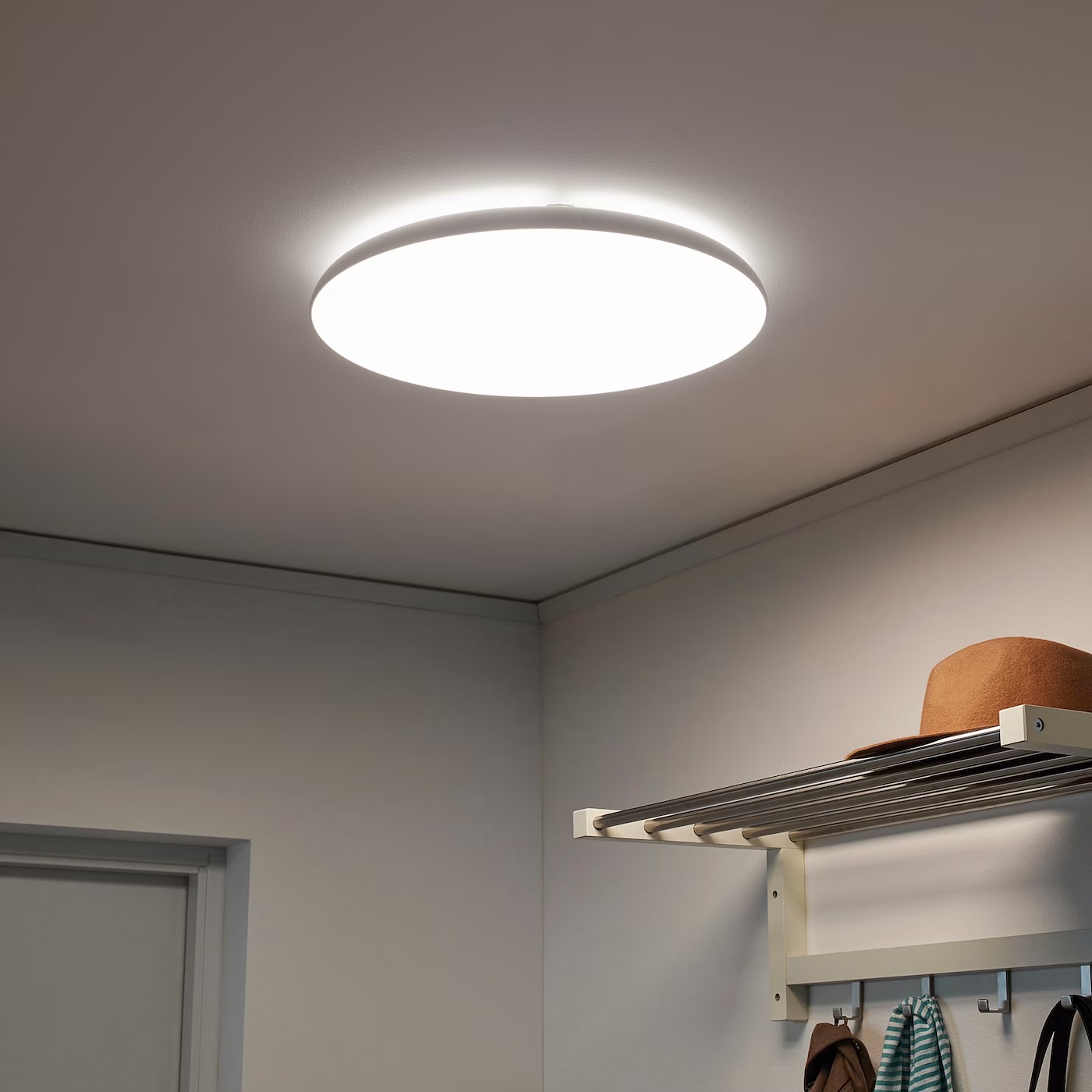
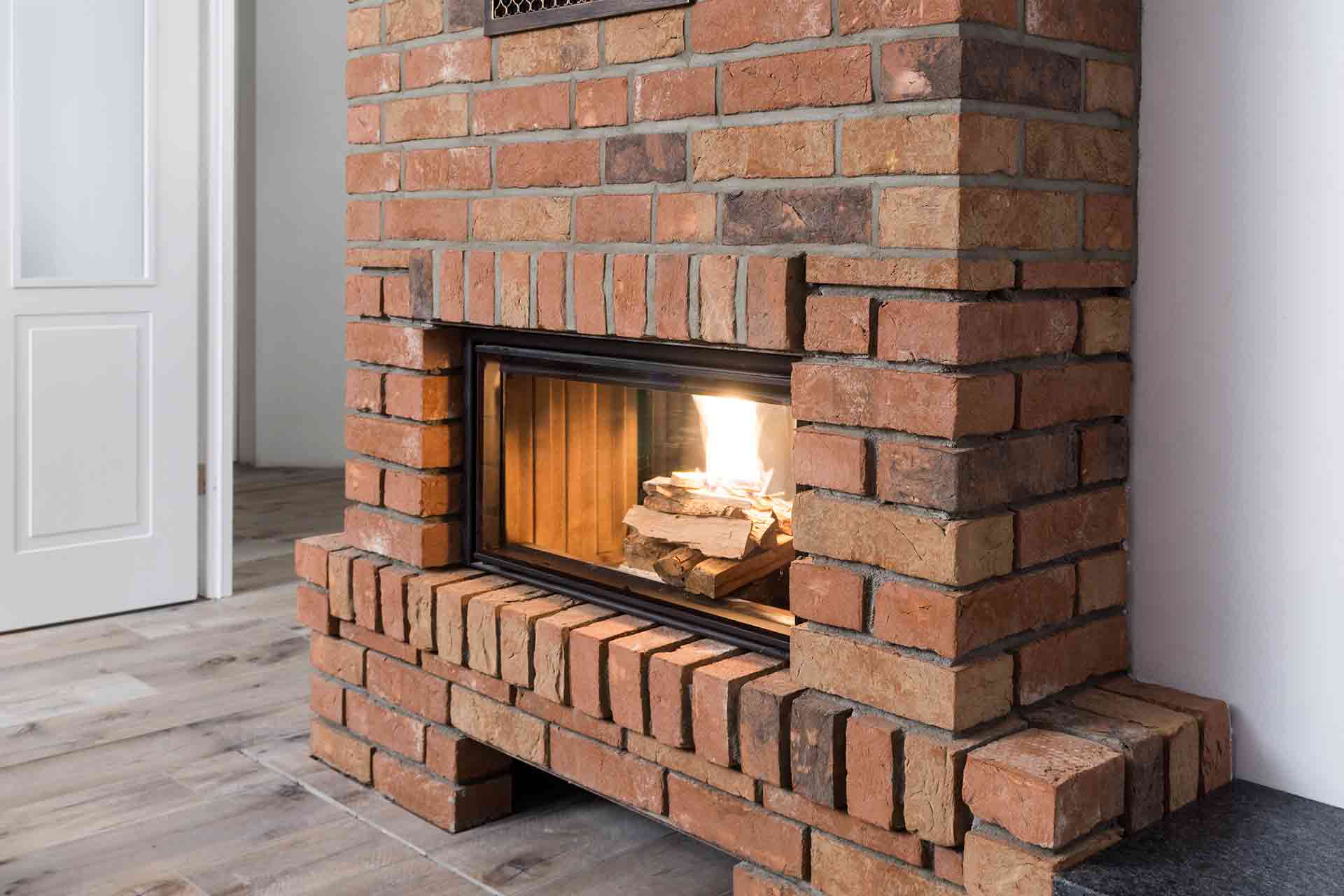
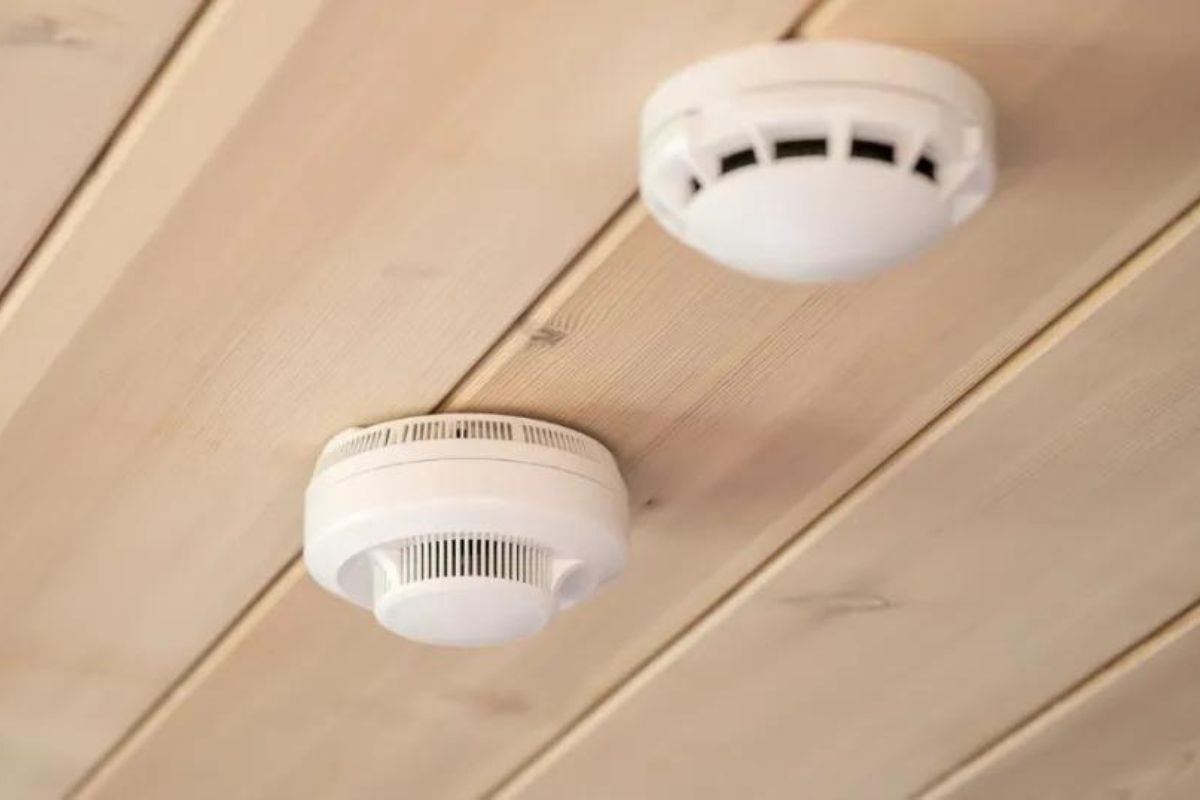

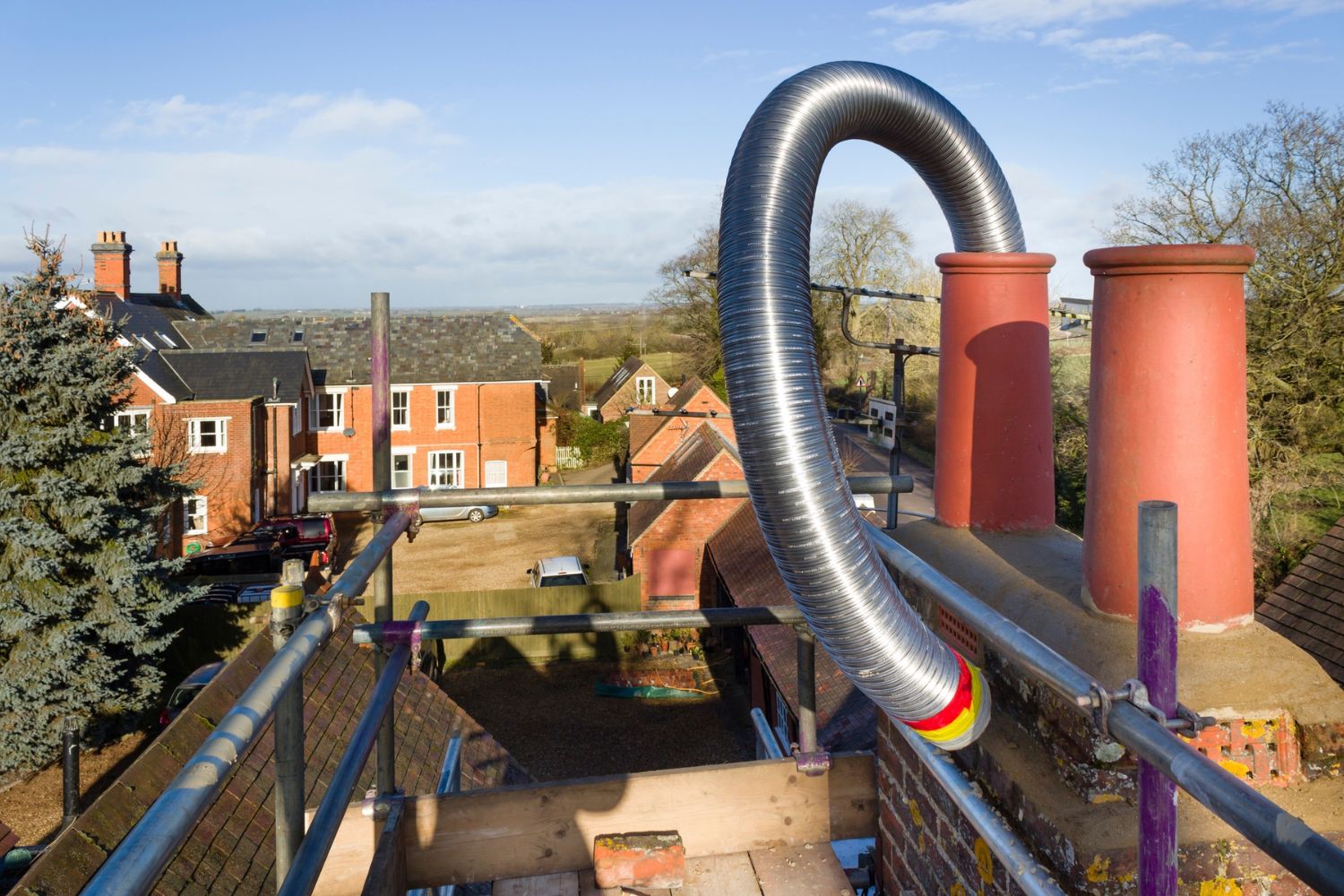
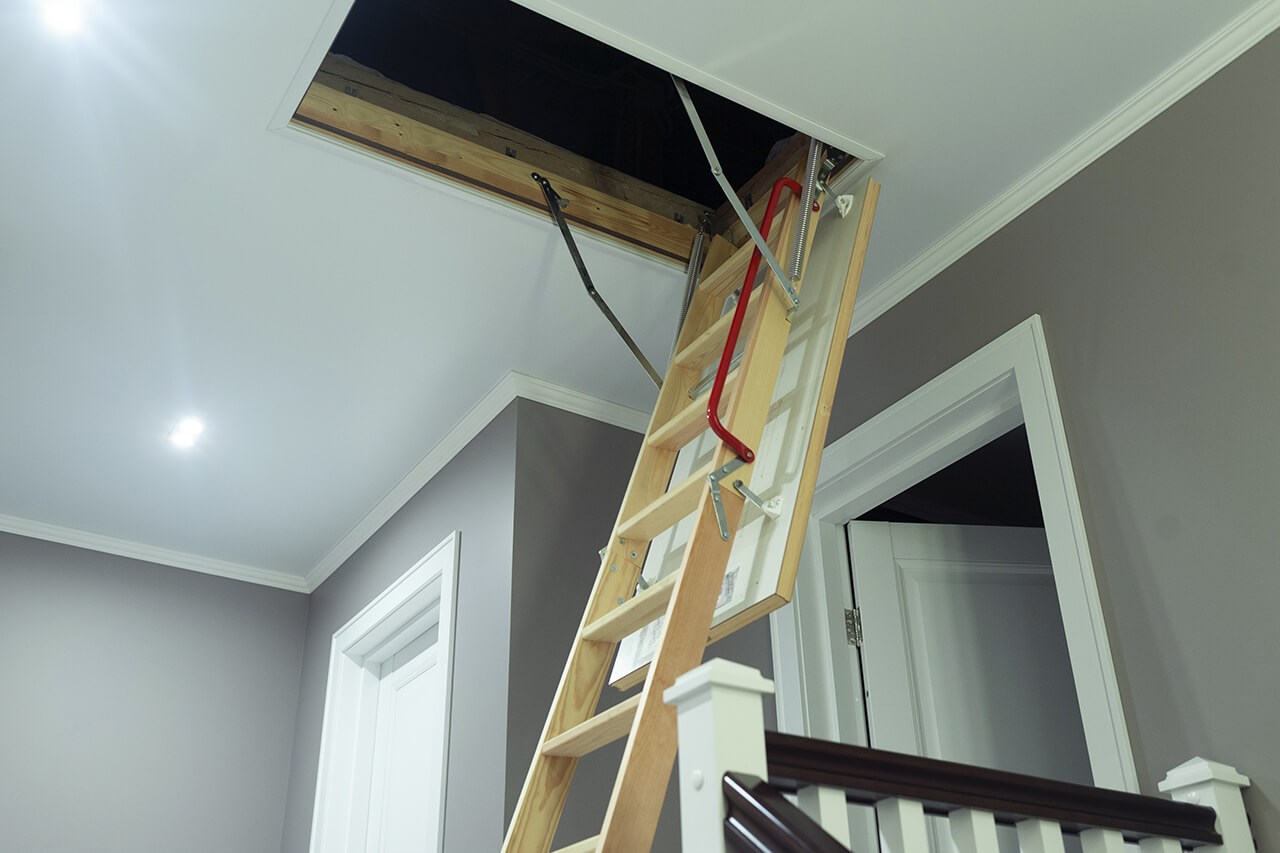

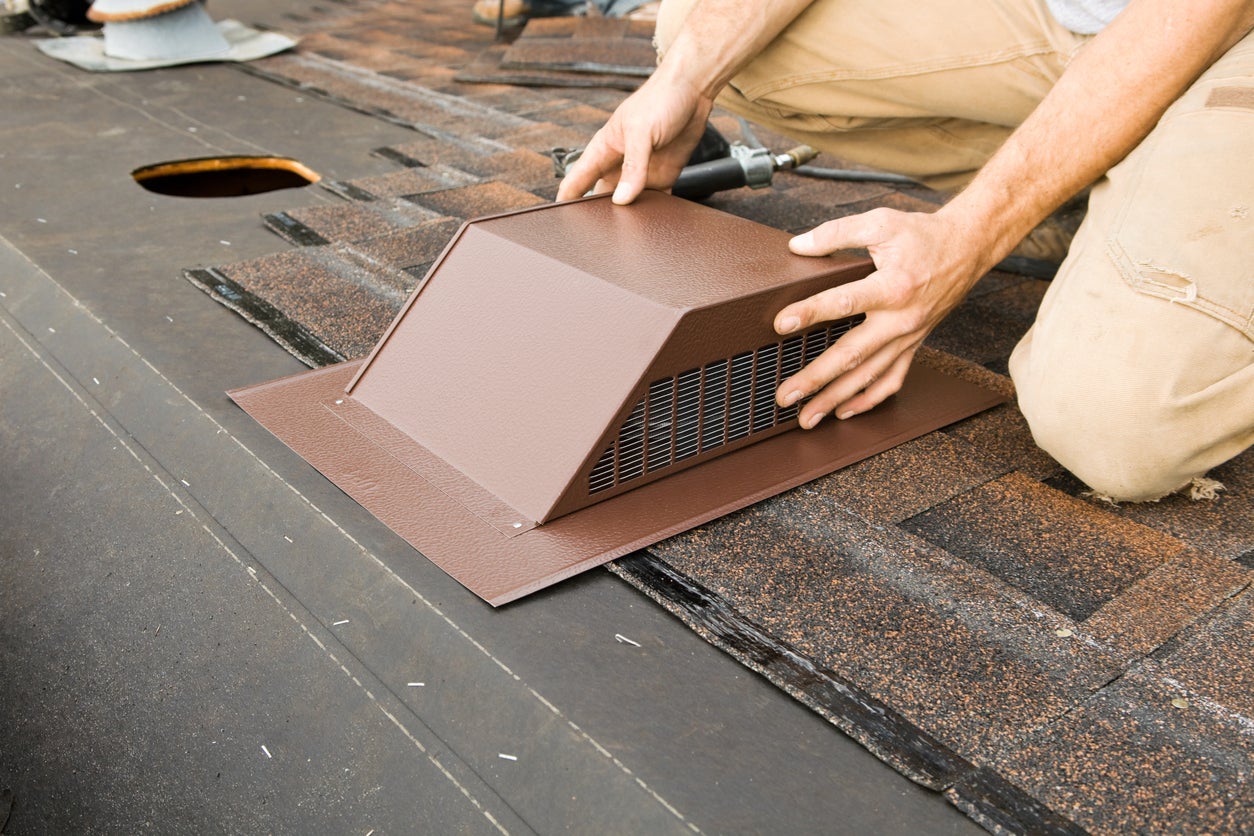
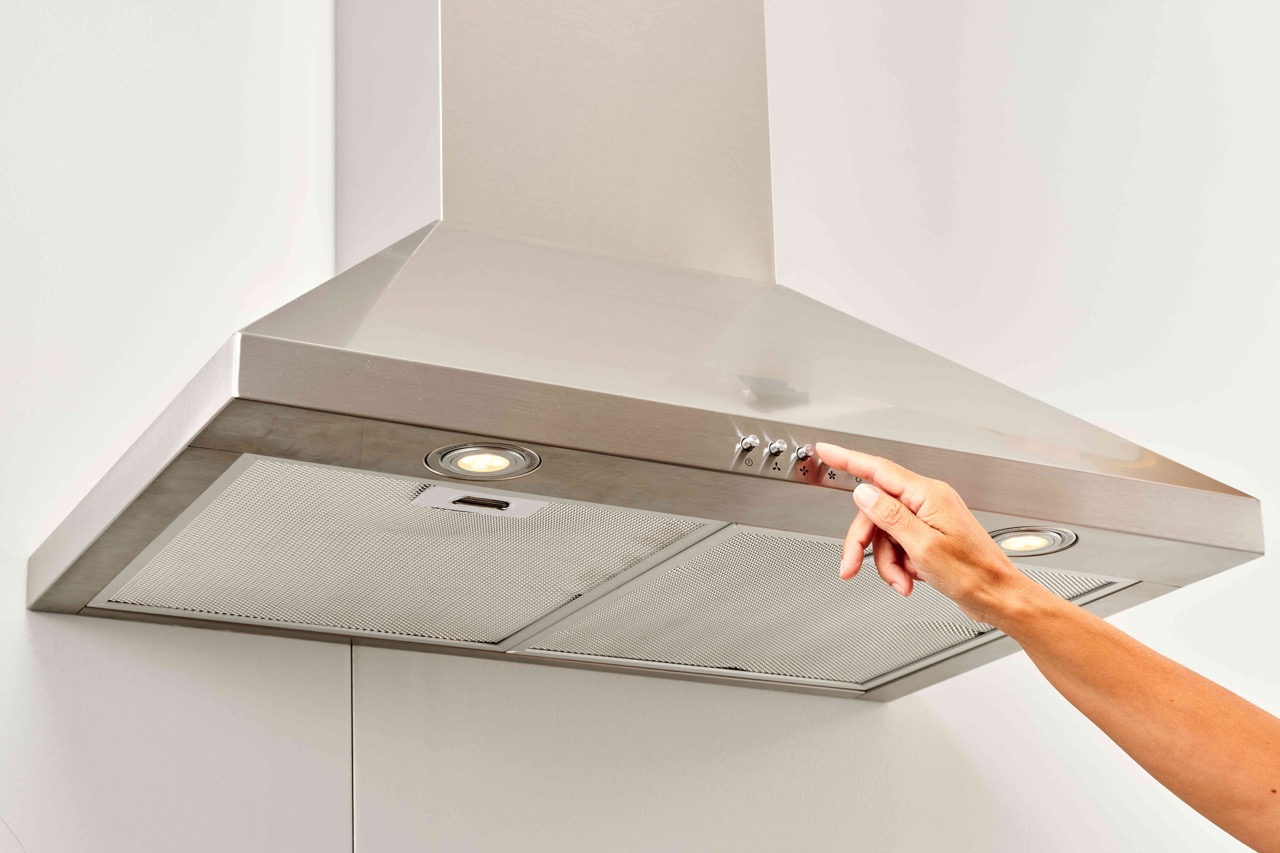
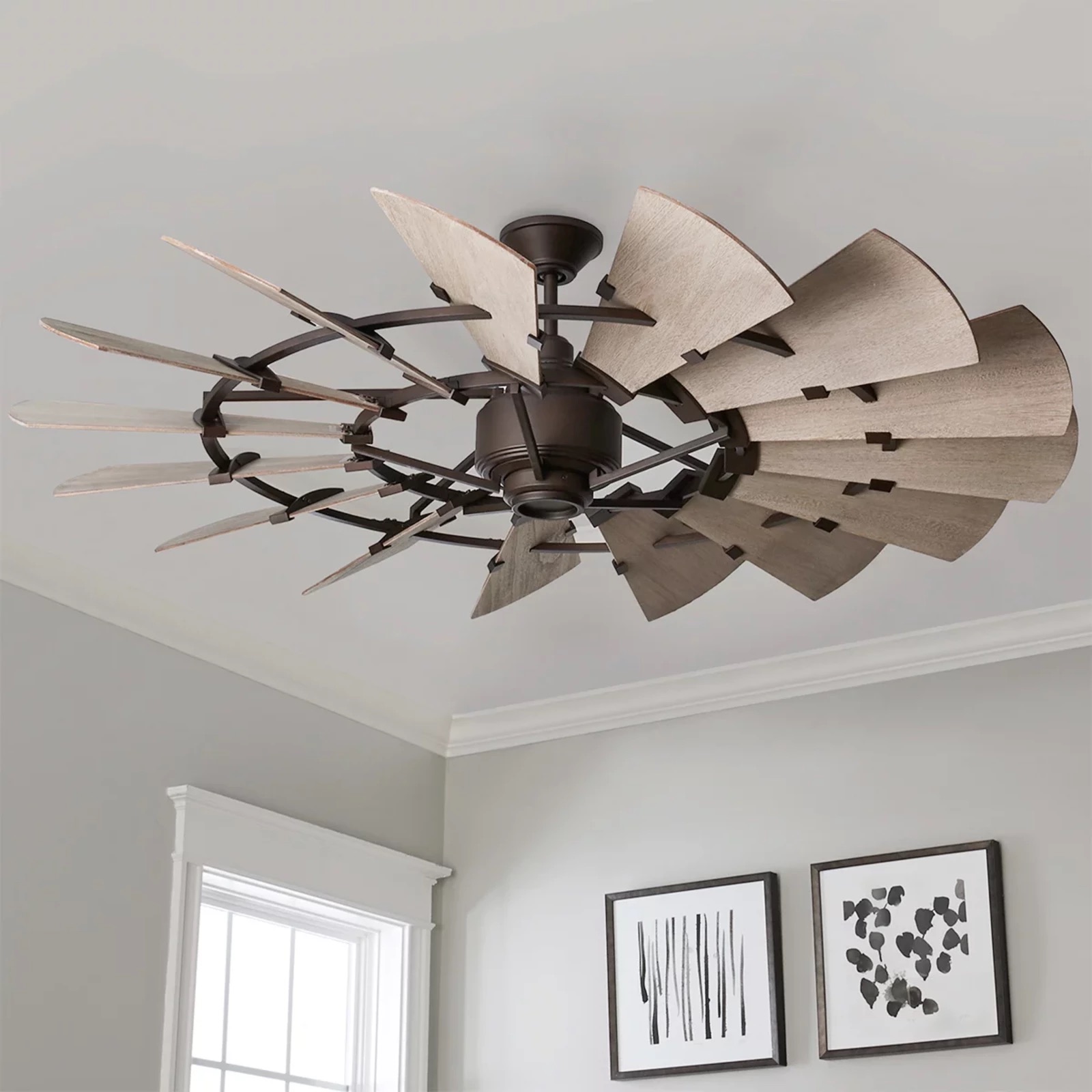

0 thoughts on “How Much Does It Cost To Install Conduit”